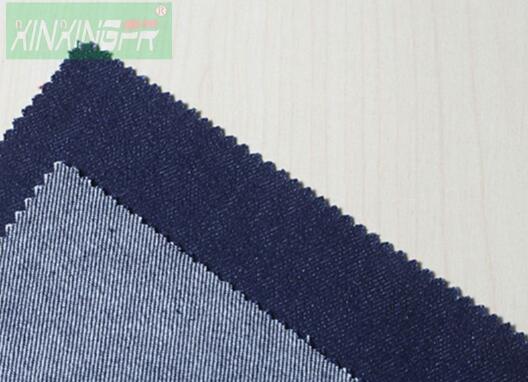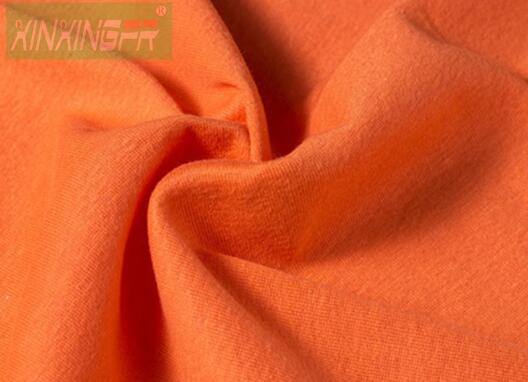What Fabrics Are Inherently Flame Retardant?
In various industries and applications, fire safety is a paramount concern. One crucial aspect of fire prevention is the use of flame-retardant fabrics. While there are numerous options available, certain fabrics possess inherent flame-resistant properties that provide long-lasting protection. This article aims to shed light on these exceptional fabrics and their benefits.
Flame-Resistant Cotton
Flame-resistant cotton, also known as treated cotton, is a popular choice due to its natural feel and breathability. It is treated with a flame retardant chemical that bonds to the fabric fibers, creating a self-extinguishing effect when exposed to flames. This treatment enhances the fabric's resistance to ignition, flame spread, and heat transfer. Flame-resistant cotton is widely used in various industries, including manufacturing, oil and gas, and firefighting, as it offers excellent protection without compromising comfort.
Aramid Fabrics
Aramid fibers, such as Nomex and Kevlar, are renowned for their exceptional flame resistance and high strength. These fabrics have inherent flame retardancy due to their unique chemical composition and structure. Aramid fibers do not melt, drip, or support combustion, making them ideal for applications where heat and fire are significant hazards. These fabrics find extensive use in protective clothing for firefighters, military personnel, and industrial workers exposed to extreme heat and flame risks.
Modacrylic Fabrics
Modacrylic fabrics are synthetic fibers that are inherently flame retardant. They are made from copolymers containing at least 35% acrylonitrile, which imparts flame-resistant properties. Modacrylic fabrics have a low heat release rate, minimal smoke generation, and self-extinguishing capabilities. These attributes make them suitable for a wide range of applications, including protective clothing for electricians, chemical workers, and those exposed to arc flash hazards. Additionally, modacrylic fabrics are resistant to chemicals, mildew, and UV degradation, making them durable and long-lasting.
Wool
Wool is a natural fiber that exhibits inherent flame-resistant properties. Its high moisture content and unique structure contribute to its excellent fire retardancy. When exposed to flames, wool forms a char layer that insulates the fabric and slows down the spread of fire. Wool fabrics also have a high ignition temperature and produce low levels of smoke and toxic gases. These qualities make wool a preferred choice for blankets, upholstery, and carpets in public spaces, as well as for firefighters' turnout gear.
Conclusion
Choosing the right fabric with inherent flame-resistant properties is crucial for ensuring personal and environmental safety in fire-prone environments. Fabrics such as flame-resistant cotton, aramid fabrics, modacrylics, and wool provide effective protection due to their inherent characteristics. They offer self-extinguishing capabilities, reduced heat transfer, and resistance to melting and dripping, thereby minimizing the risk of severe burns and injuries. By understanding the properties and benefits of these inherently flame-retardant fabrics, industries and individuals can make informed decisions when it comes to selecting appropriate protective clothing and materials, promoting fire safety and mitigating potential hazards. We are a flame-resistant fabric supplier. If you are interested in our products, please contact us now!
274
0
0




Comments
All Comments (0)